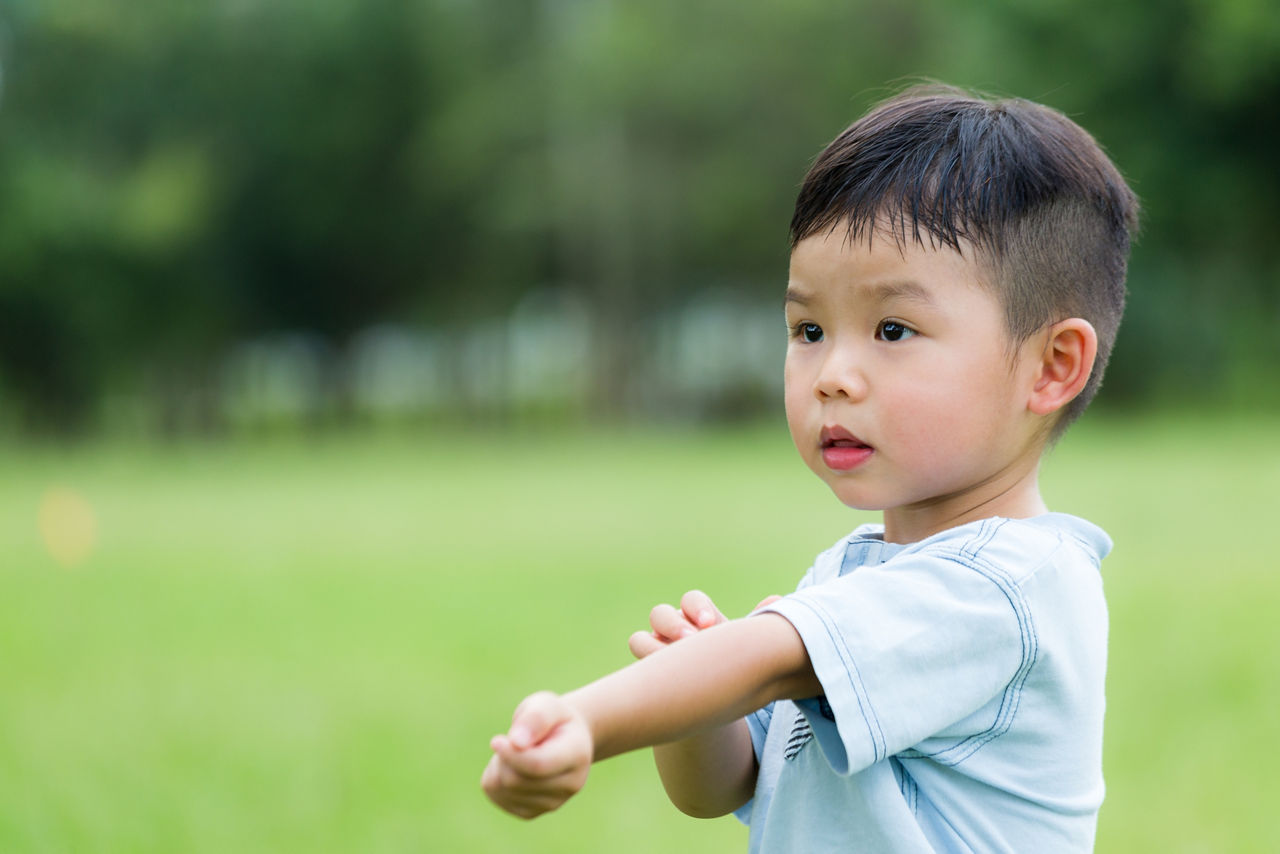Breastmilk is the best for babies. The World Health Organisation recommends exclusive breastfeeding for the first six months of life. Unnecessary introduction of bottle feeding or other food and drinks will have a negative impact on breastfeeding. After six months of age, infants should receive age-appropriate foods while breastfeeding continues for up to two years of age or beyond. Consult your doctor before deciding to use infant formula or if you have difficulty breastfeeding.
Allergy Risk Screener

Check whether your child has an increased risk of allergies! Our allergy risk check is a good preparation for the discussion with your pediatrician. Because the sooner you know whether your child is at risk of allergies, the sooner you can take suitable preventive measures.
This quick test tells you whether your baby may have an increased risk of allergies. It is important to deal with the topic of allergies at an early stage in order to be able to actively prevent it.
The predisposition to allergies is hereditary. If at least one parent or sibling has an allergy, the baby is more likely to develop an allergy as well.
This short test gives you an initial assessment of whether your child may have an increased risk of allergies, so that you can talk to your pediatrician about ways to prevent allergies. Just read the description of the symptoms and tick the family members who are suffering from them
Disclaimer: This short test gives you an initial assessment of whether your child may have an increased risk of allergies. This content is not intended to be a substitute for professional medical advice, diagnosis, or treatment. Always seek the advice of your doctor for a thorough evaluation and ways to prevent allergies.

Connect with our team of experts
We provide advice and support for you on your parenthood journey


